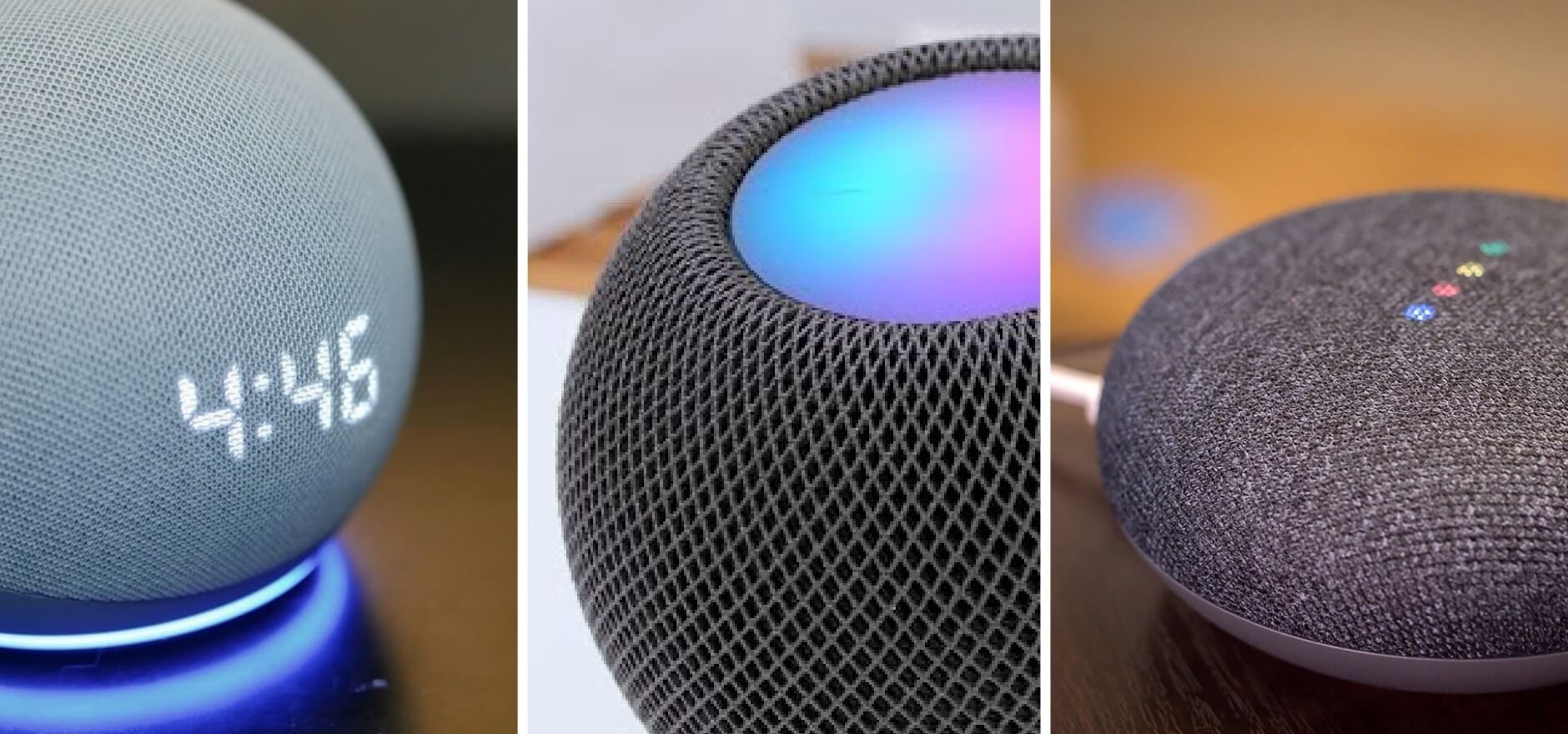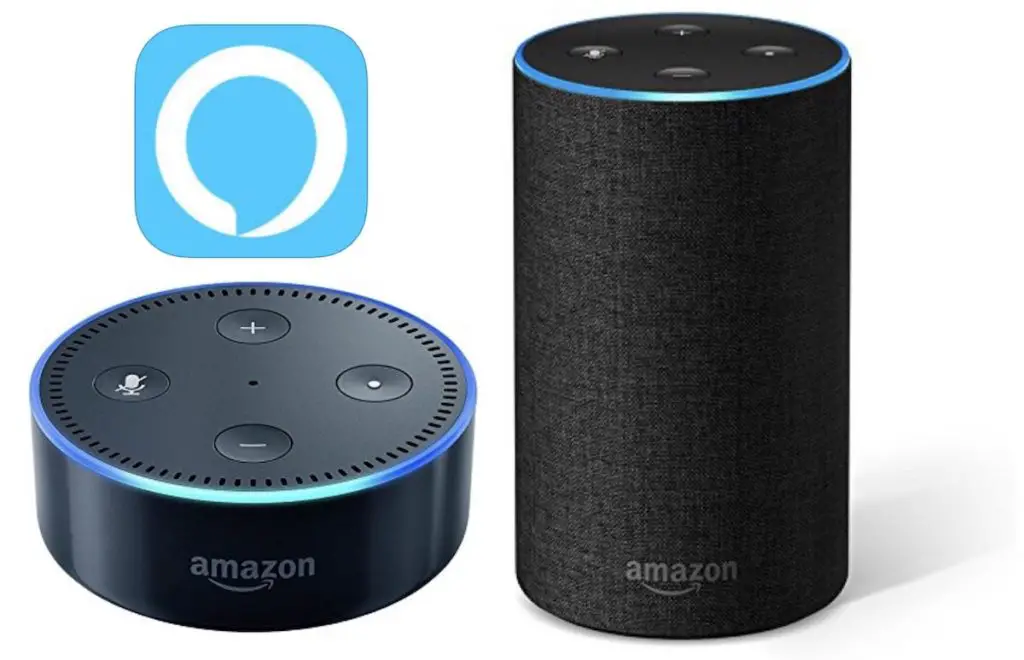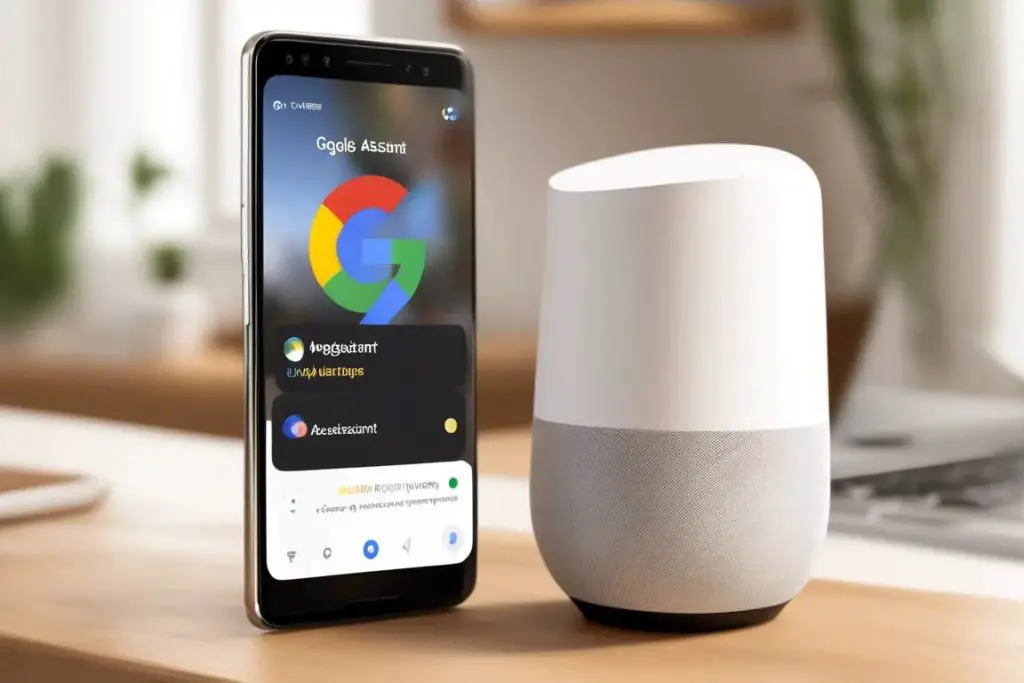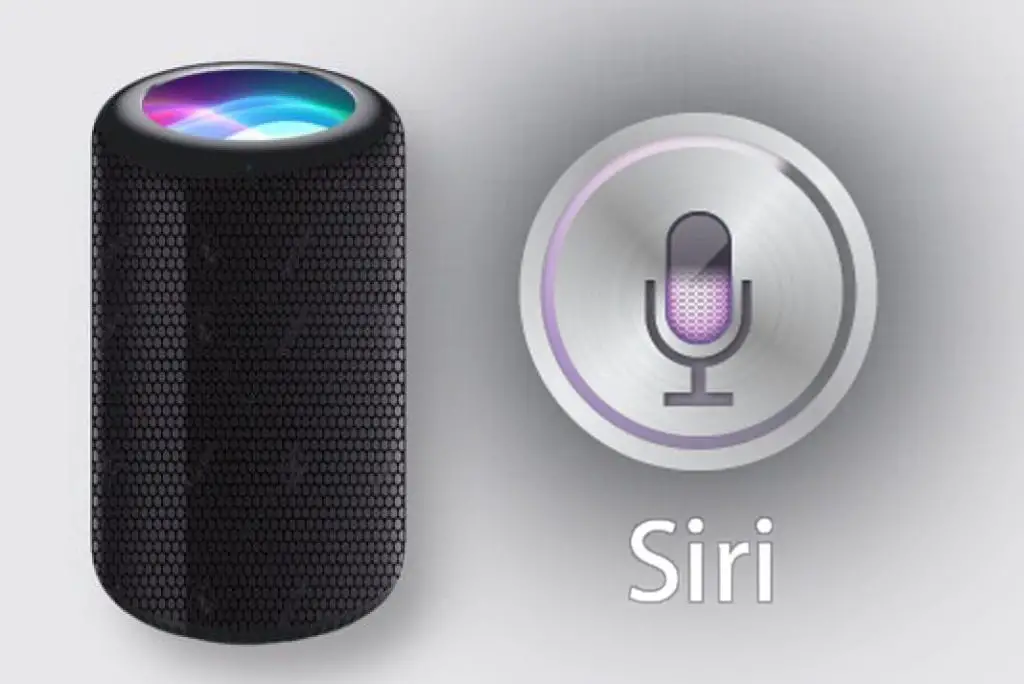Smart home assistants have become essential for modern homes, offering convenience through voice commands and automation. The three main contenders—Amazon Alexa, Google Assistant, and Apple Siri—each have their strengths and weaknesses. So which one is the best? Let’s compare them.

Beyond convenience, smart home assistants also play a vital role in supporting people with disabilities. Voice-controlled devices allow individuals with mobility challenges to operate lights, thermostats, and appliances without needing to physically interact with switches or controls. For those with visual or cognitive impairments, features like reminders, spoken updates, and easy access to information greatly enhance independence and daily living. This inclusive functionality highlights the importance of choosing the right assistant, not only for general ease but also for improving accessibility and quality of life for all users.
Amazon Alexa
Alexa is the most versatile smart assistant, known for its vast range of compatible devices. It supports thousands of smart home gadgets, from lights and locks to thermostats and cameras.

This broad compatibility is made possible by the expanding role of the Internet of Things (IoT) in modern home automation. IoT enables seamless communication between various smart devices, allowing users to control and automate multiple functions through a single platform like Alexa. As more IoT-enabled products enter the market, Alexa’s ability to integrate them all provides users with a flexible and highly customizable smart home experience, enhancing both convenience and efficiency.
Pros
- Supports over 100,000 skills and integrations
- Works well with third-party devices
- Affordable Echo speakers make it accessible
Cons
- Weaker natural language processing
- Requires specific phrasing for commands
Google Assistant
Google Assistant offers superior AI and search capabilities, making it the smartest assistant in terms of understanding and responding to natural language.

This strength highlights the importance of properly integrating voice assistants within a smart home environment. A well-planned setup ensures that devices communicate efficiently, allowing users to control lights, security systems, entertainment, and appliances with simple voice commands. Successful integration not only enhances convenience but also maximizes the potential of smart home technology, creating a truly connected and responsive living space.
Pros
- Best at answering general knowledge questions
- More conversational AI
- Works seamlessly with Android and Google services
Cons
- Fewer third-party integrations than Alexa
- Limited device support compared to Amazon
Apple Siri
Siri is ideal for Apple users, offering deep integration with iPhones, iPads, and HomeKit-compatible devices.

This integration is especially beneficial when creating a fully automated kitchen with smart appliances. From controlling smart ovens, coffee makers, and refrigerators to setting timers and managing grocery lists through voice commands, Siri streamlines daily kitchen tasks for Apple users. This seamless connectivity enhances efficiency and convenience, making the kitchen experience more intuitive and personalized.
Pros
- Best for Apple ecosystem
- Strong privacy and security features
- Works seamlessly across Apple devices
Cons
- Limited compatibility with third-party smart devices
- Less advanced than Google Assistant in AI responses
Which One Should You Choose?
- If you prioritize smart home compatibility, go with Alexa.
- If you want the smartest AI, choose Google Assistant.
- If you’re an Apple user and value privacy, Siri is the best option.
Conclusion
Ultimately, the best smart home assistant depends on your needs and ecosystem. Alexa is the go-to option for smart home compatibility, Google Assistant excels in AI-driven responses, and Siri is perfect for Apple users who prioritize privacy. As smart home technology continues to evolve, these assistants will become even more intuitive, helping to create a fully automated and seamless living experience. The key is to choose the assistant that best fits your lifestyle and integrates well with your existing devices.